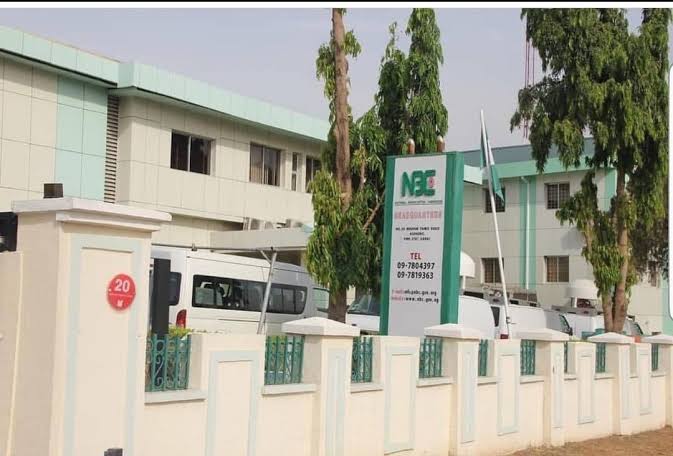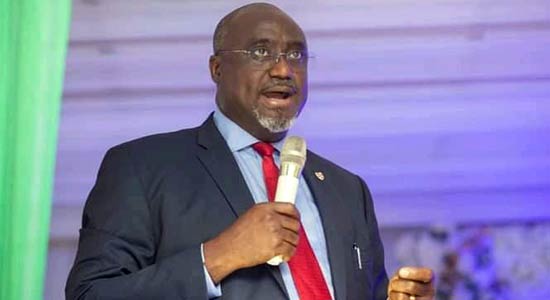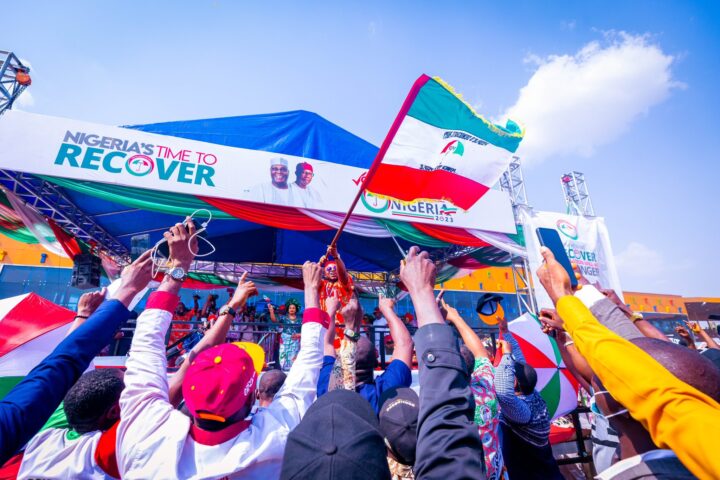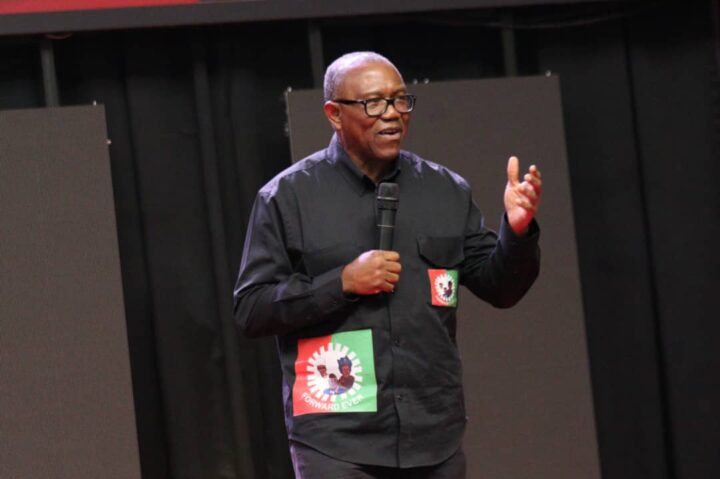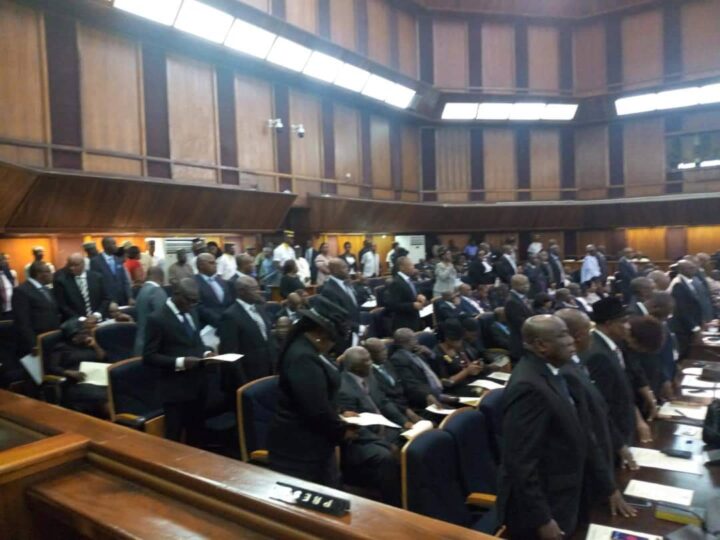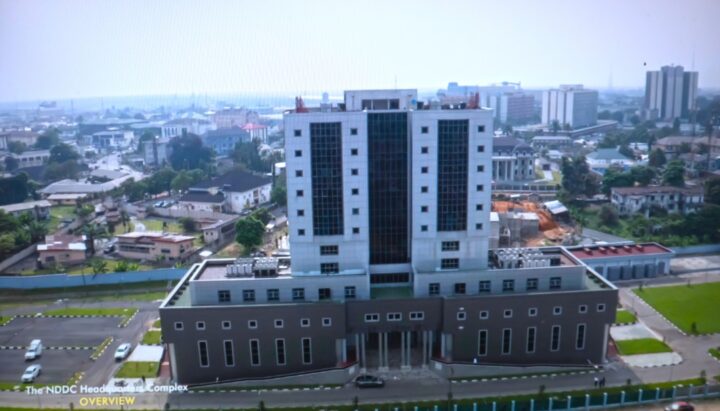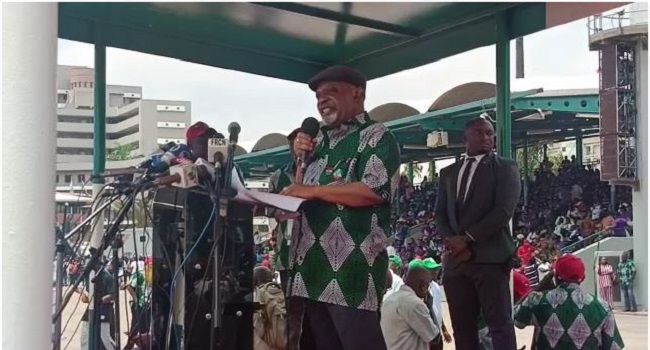The Consortium of Nigerian Communication Experts (CoNCE), a group of communication academics and practitioners, says the National Broadcasting Commission (NBC) was biased with its sanctions during the elections.
In March, NBC sanctioned 25 stations for violating the Nigeria Broadcasting Code during the presidential and national assembly elections and served warning letters to 16 other erring stations.
Balarabe Ilelah, NBC director-general, said the stations allowed their platforms to be used to score “unhealthy political points inimical to the corporate existence” of the country.
The sanctions came a few months after the commission imposed a fine of N2 million on Arise TV for broadcasting a report claiming that the Independent National Electoral Commission (INEC) was probing a court case involving Bola Tinubu, president-elect, in the United States.
Advertisement
In April, NBC fined Channels Television N5 million over an interview with Datti Baba-Ahmed, vice-presidential candidate of the Labour Party (LP), who said there was no president-elect.
‘SANCTIONS ARE A HUGE CONCERN’
In a statement issued on Sunday, CoNCE said the sanctions were concerning.
Advertisement
The group said the elections, which presented opportunities for increased use in communications, were marred by the frequent penalties.
CoNCE added that there was interference from the government in states where ruling governors set unattainable requirements for the opposition to use billboards for campaigns.
“Government regulatory bodies including the National Broadcasting Commission (NBC) by their actions created a source of huge concern in the electoral process. The frequency of sanctions on a section of the broadcast media clearly shows bias,” the statement reads.
“Also, in terms of advertisements and access to broadcast media spaces, it appeared that the financial muscle of the political parties played a key role in determining which parties had access within the media space. While for the outdoor advertising, most of the advertisements for outdoor for instance did not go through vetting with only 30% going the regulator, the Advertising Regulatory Council of Nigeria (ARCON).
Advertisement
“The findings also indicated that government undue interferences, particularly in states, where governors set impossible requirements for the opposition parties to have access to the public space for Billboards and broadcast time.”
CoNCE noted that despite its non-reliability, social media was more prominently favoured because the youth distrust conventional media.
The findings also showed that flagbearers of leading political parties paid little attention to their manifestoes, adding that some media reports shunned professionalism, objectivity, and ethical responsibility as a result of affiliations with political parties and candidates.
“Also, support groups affiliated to parties and candidates had more access to financial resources and influence than the main political parties,” CoNCE added.
Advertisement
“On its part, European Union (EU) and other non-governmental organisation (NGOs) created spaces towards deepening public participation in the political process through their activities.”
Advertisement
